
Coventry & Warwickshire Integrated Care Board
Dear Colleague
Thank you for your interest in the Chief Nursing Officer position at Coventry and Warwickshire Integrated Care Board (CWICB). This is a pivotal leadership appointment, and I am delighted that you are exploring the opportunity to apply for this important role.
We are already making real progress in Coventry and Warwickshire towards our four key objectives of improving outcomes in population health and health care; tackling inequalities in outcomes, experience and access to services; enhancing productivity and value for money; helping the NHS support broader social and economic development.
Coventry and Warwickshire are committed to improving the lives of children and young people. Through working as part of a strong Local Maternity and Neonates System (LMNS) all of our providers are rated either good or outstanding for maternity care. We are now focussing on delivery of our Maternal Health Equity plan to improve equity and equality for all. To support children and young people who have experienced significant trauma, we are extremely proud of our Positive Directions programme, a new and innovative approach to tackling the physical, mental, and social challenges they face. We have worked closely with children and young people to shape the development and focus of the project, listening to what they need to support them, and designing services around these needs.
Addressing health inequalities is a key area of focus for our ICB. In a time of financial pressure we have protected the health inequalities funding in Coventry and Warwickshire, focusing on enabling support to happen directly within our local communities. This has enabled a wide array or programmes which target local issues such as debt support in general practice, support for small community and faith based organisations to address mental health in their local area, or targeting cardiovascular disease in Warwickshire North.
As part of the wider Integrated Care System collaboration with our partners is another area in which we are delivering great results for the benefit of our population. One example of this is the Improving Lives of People programme – a pan Coventry programme bringing together social care, community services, acute services and primary care to focus on how we support people throughout their journey and their care transitions in and out of admission, maximising independence, improving experience and reducing costs.
We are seeking a Nurse Leader to join our system at a critical moment for healthcare services. There is no shying away from the facts; the NHS continues to operate with significant financial, performance and workforce pressures. That said, this role represents an opportunity to channel your strategic influence. Working with system, regional and national leaders to help scale approaches, you’ll help cultivate our mission through support and promotion of integrated working for the benefit of our population. If you have the ambition to work at scale and drive improved outcomes for patients and for our colleagues as well as the facilitative leadership skills to work across organisational boundaries to bring people together for the greater good of patients, I would very much like to hear from you.
We hope you find the information below helpful and naturally, if you’d like a confidential conversation about your possible candidacy, please contact Heather I’anson at Anderson Quigley on 07743 935 502 or contact her at heather.ianson@andersonquigley.com
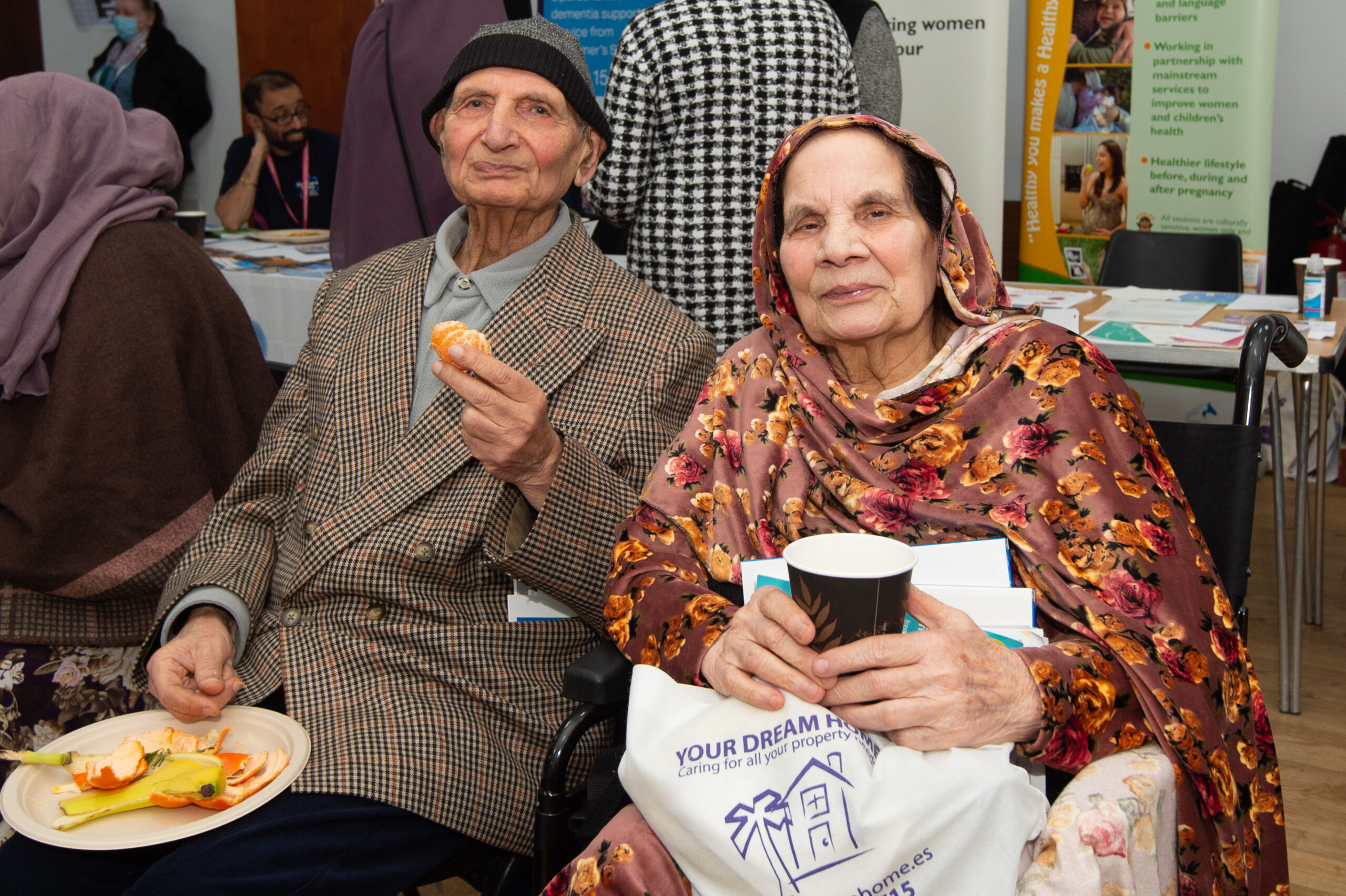
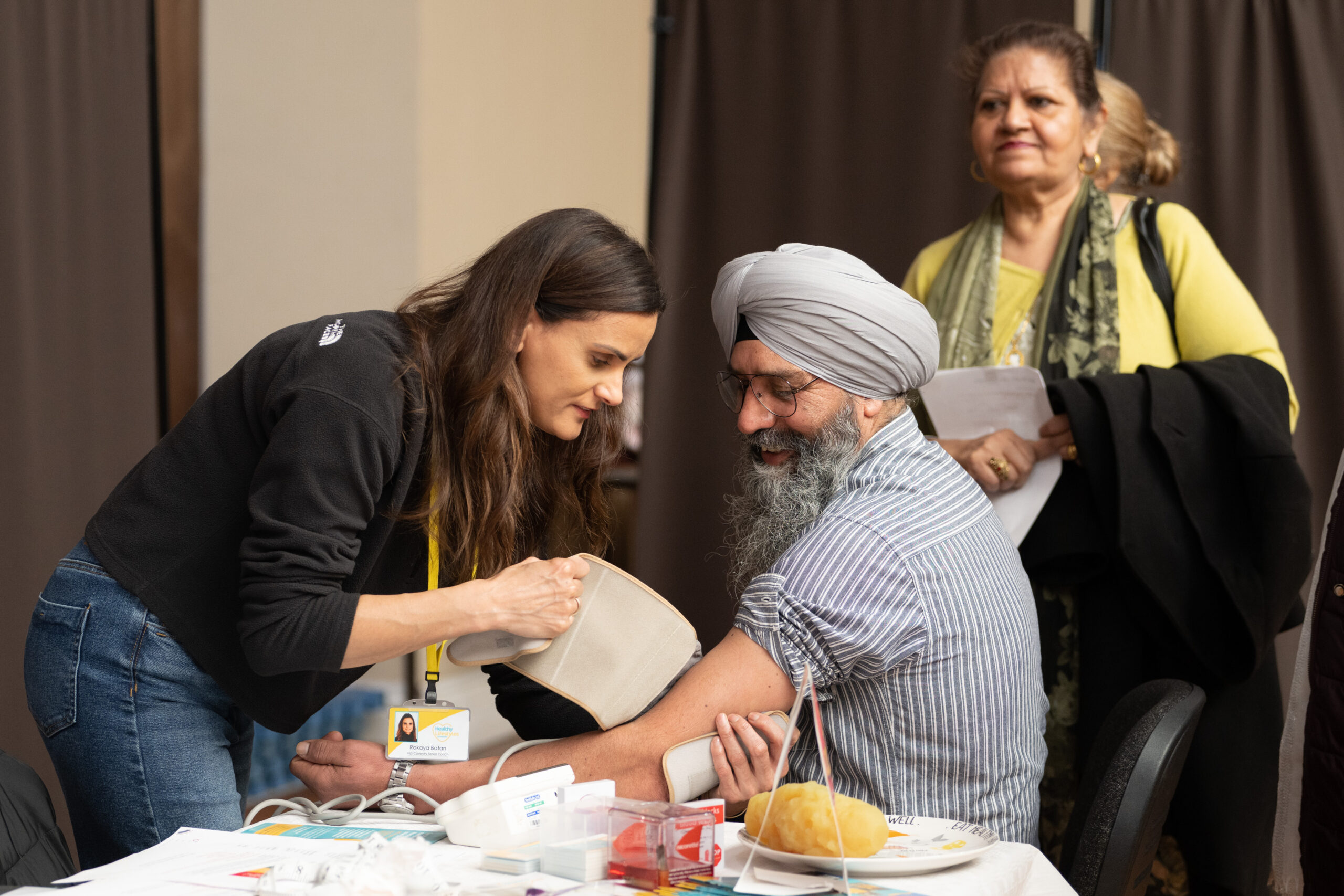

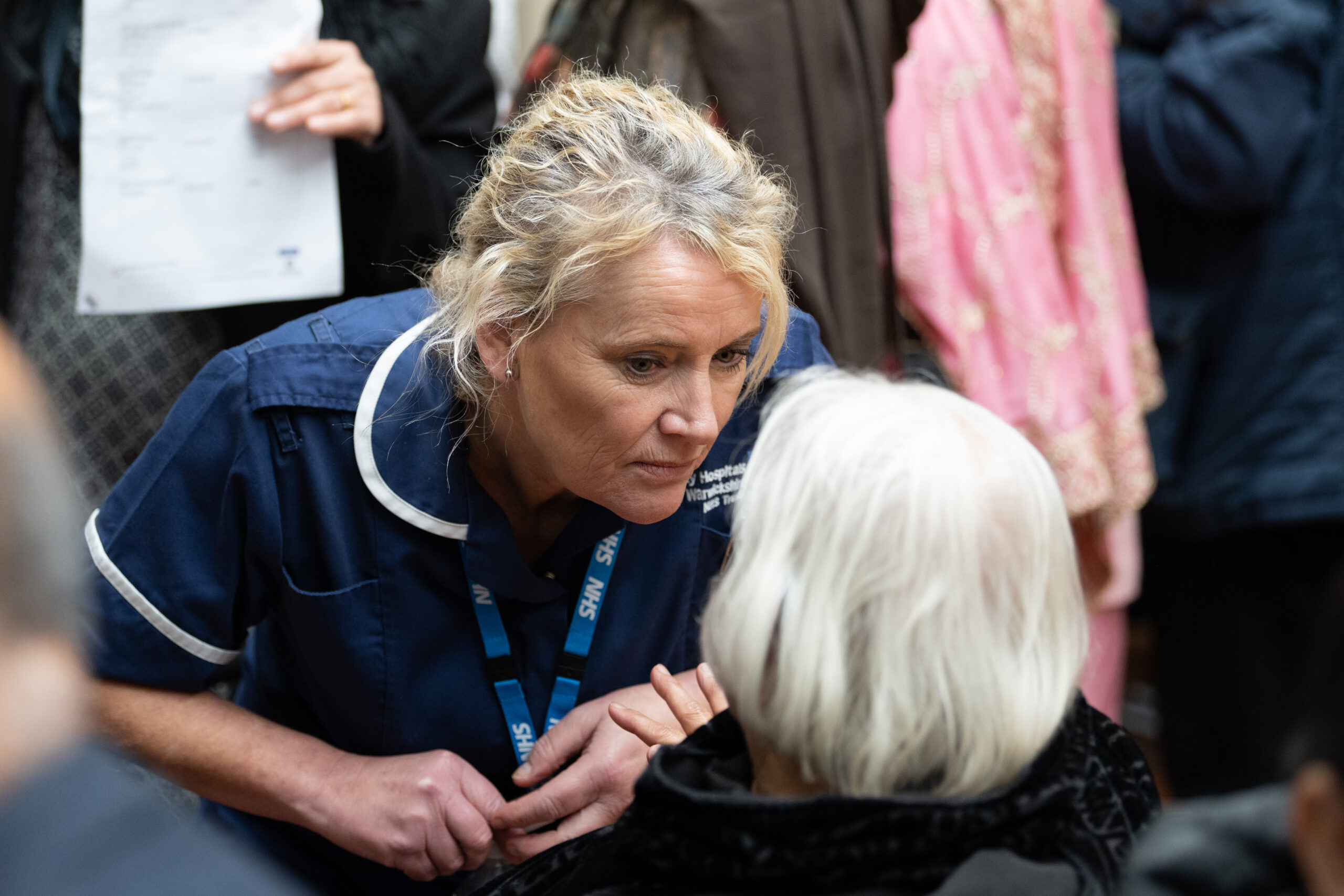










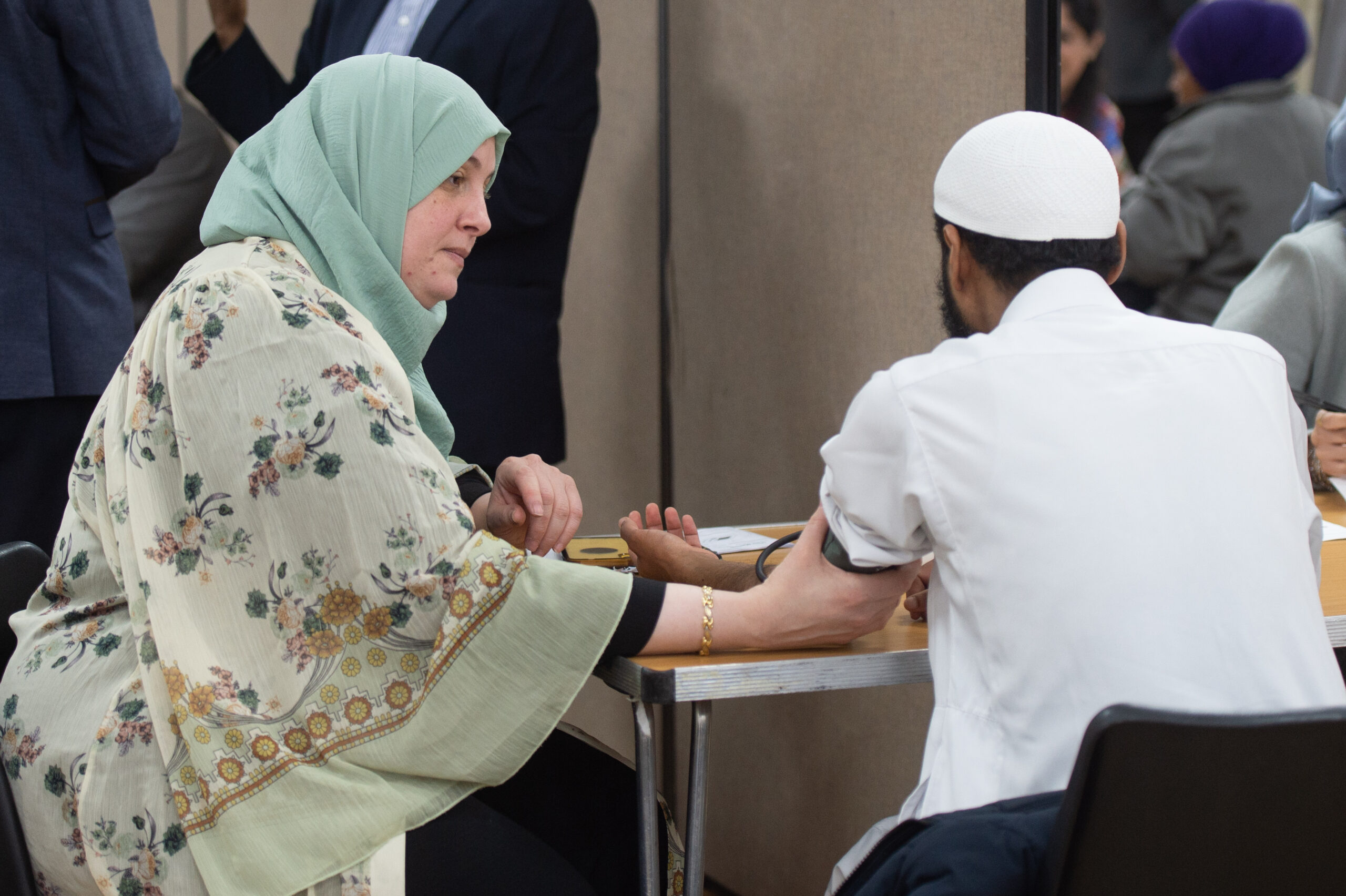
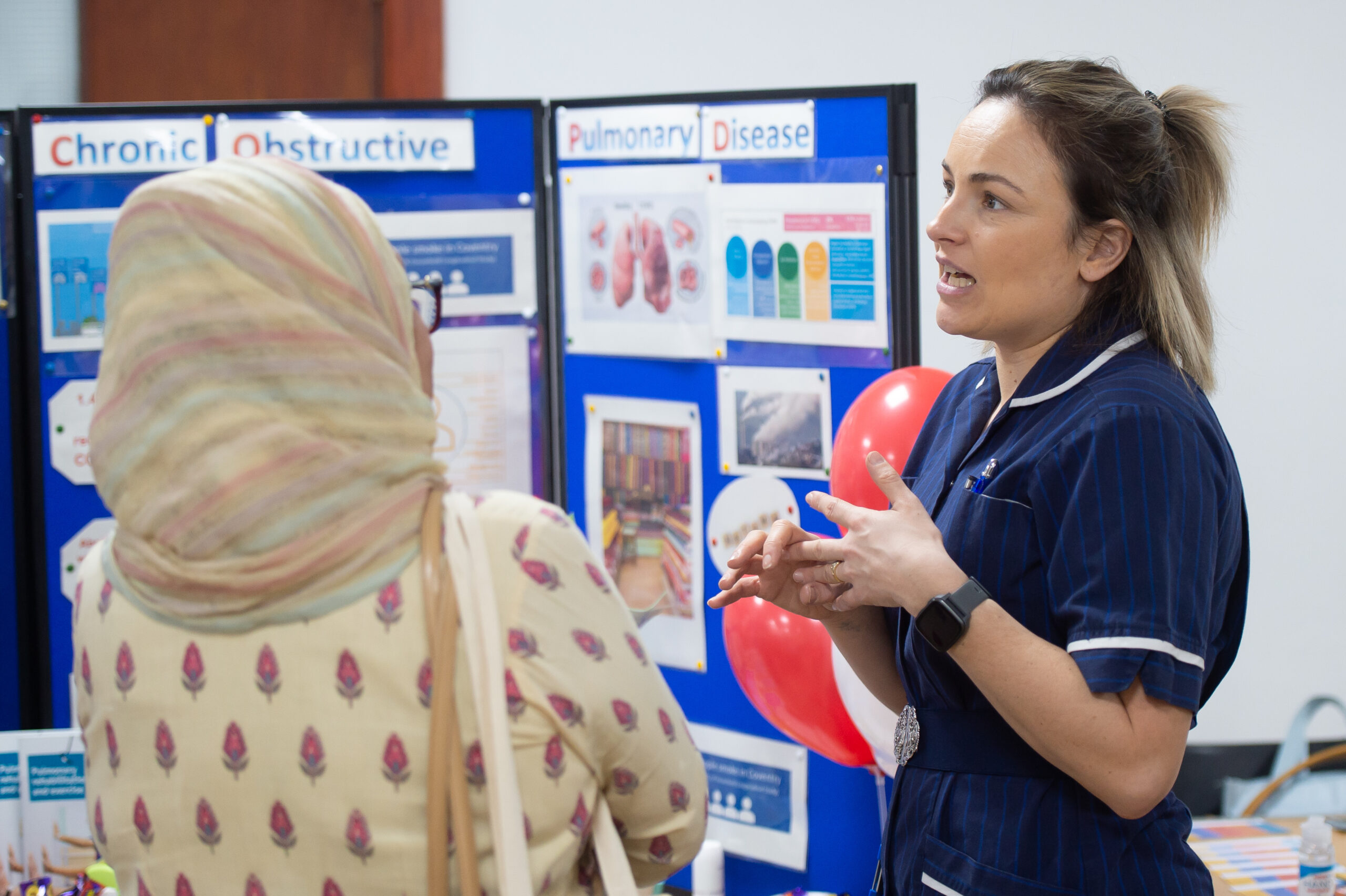

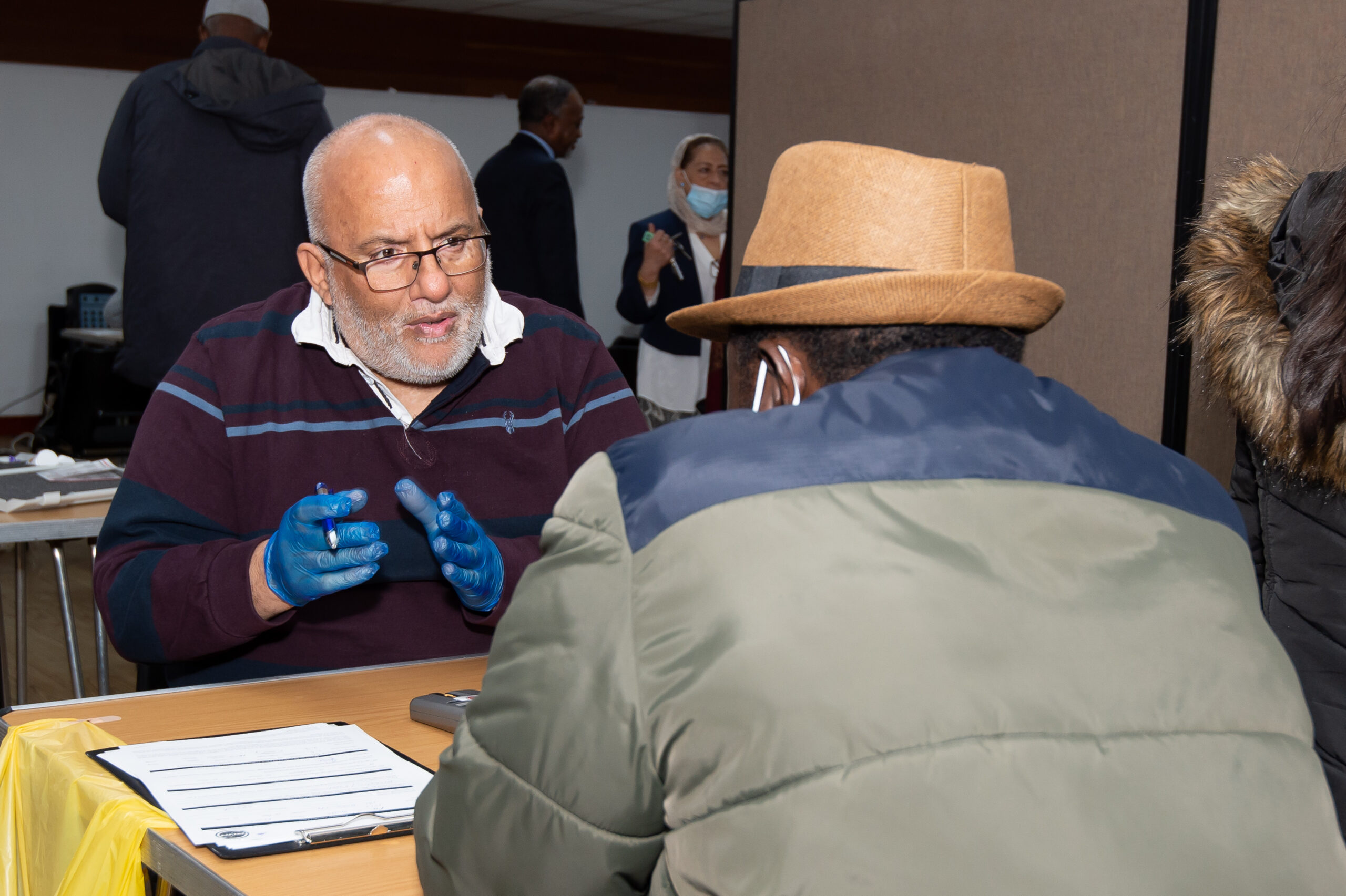









In Coventry and Warwickshire we are working to help everyone lead healthier and happier lives, be part of a strong community and benefit from effective and sustainable health and care services where and when they need them most. To do this we work together in partnership across health and social care, removing the barriers between services and joining up care around people and populations.
We have well-established ICS leadership and Governance arrangements for our System, along with well-developed, distributed Place based activities which include all key NHS and local authority partners, Primary Care Networks, our Voluntary Community Sector and our communities working together to tackle inequalities.
The two Health and Wellbeing Boards across the two local authorities are a strong asset to our system and provide strength through the cross-sector activities and experiences the members bring. The group work to improve the health and wellbeing of local people with a shared aim to reduce health inequalities and regularly come together, collaborating across the ICS area to reduce health inequalities and strive for better health outcomes for our population.
The system has worked together to develop the Coventry and Warwickshire Integrated Care Strategy through our Integrated Care Partnership and the associated Integrated Health and Care Delivery Plan, led by the ICB. This Strategy, informed throughout by the views of local people, partners and stakeholders, identifies our priorities as a system, shaped by local people and communities and the Integrated Health and Care Delivery Plan outlines how we intend to tackle these challenges head-on and deliver on the ultimate aims of the ICS, to improve outcomes in population health and health care, to tackle inequalities in outcomes, experience and access to services, to enhance productivity and value for money and to help the NHS support broader social and economic development.
Our service transformation is grounded in our strong clinical leadership, including the Out of Hospital arrangements, integrated discharge teams and more. We continue to foster a strong commitment to support and develop our workforce so that they can offer the best care to our patients and communities. We value diversity across our workforce and our ambition is to work together to promote a more inclusive environment, which attracts all candidates and signals our commitment to celebrate and promote diversity. We strive to be a local employer of choice, using employment, education and training to improve health and lifestyle choices as an important part of our strategy.
We’re committed to making things better in Coventry and Warwickshire, and we’re looking for someone who is ready to help us lead the way.
You can find out more about our ICS and our story here.
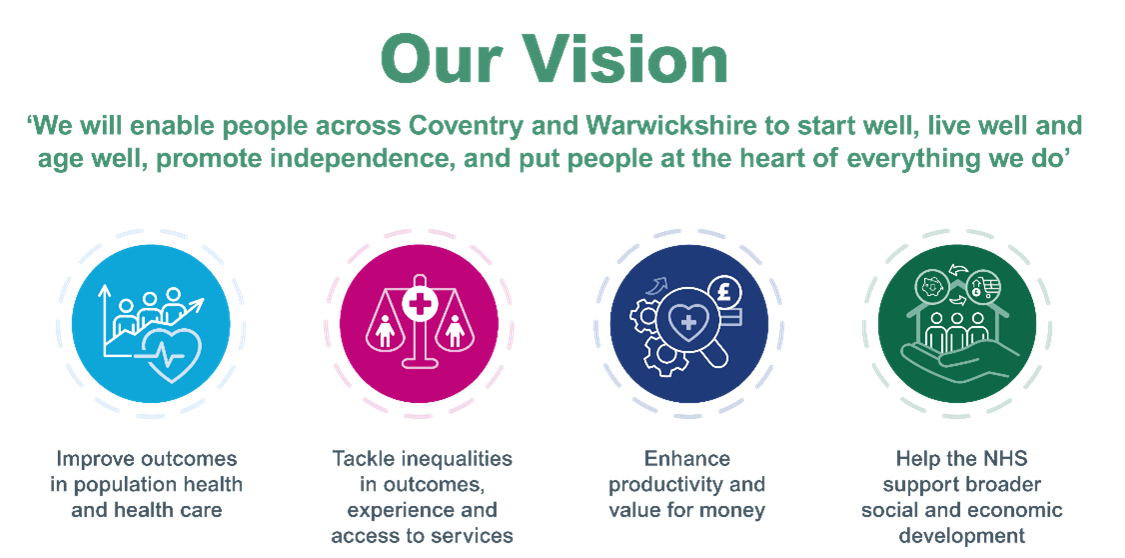
As a system, we are fortunate to have strength and variety across the local health and social care organisations who make up our ICS. We have developed a strong working relationship which has been demonstrated in recent service transformation and COVID-19 response.
Our Integrated Care Board
Our Integrated Care Board is coterminous to the Local Authority boundaries of Coventry and Warwickshire.
Our Local Authorities
There are two local authorities within the ICS boundary, Coventry City Council and Warwickshire County Council.
Our Providers CQC Inspection rating
Coventry City Council services Good-Outstanding
Warwickshire County Council services Good
Coventry and Warwickshire Partnership NHS Trust Good
South Warwickshire NHS Foundation Trust Outstanding
University Hospital Coventry and Warwickshire NHS Trust Good
George Eliot Hospital NHS Trust Requires Improvement
Wider partners and stakeholders
Our GP practices are an integral part of our system, taking the clinical lead jointly with secondary care services within our Place functions. Coventry and Warwickshire also benefits from a large and active voluntary and community sector with representatives from a range of organisations working with ICS partners to develop and deliver services.
The People of Coventry and Warwickshire
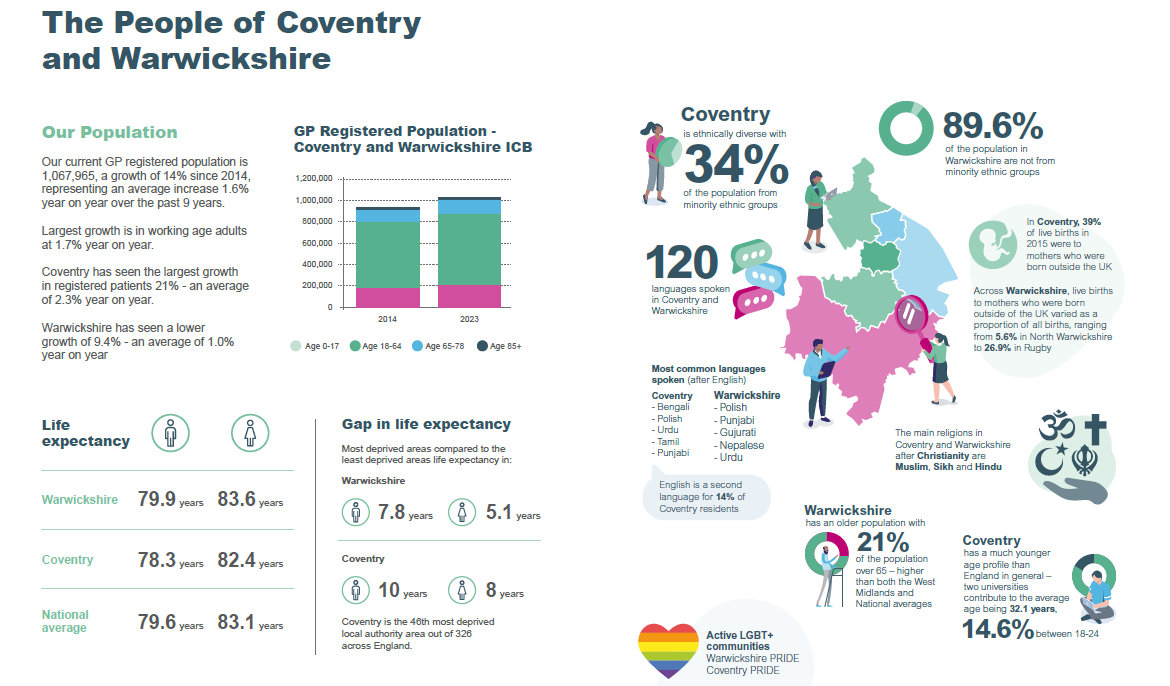 Our current operating model
Our current operating model
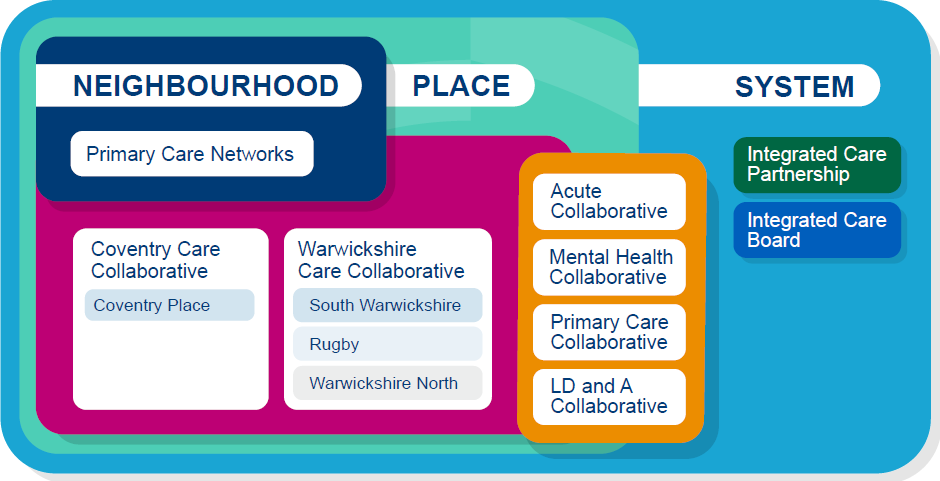
Coventry and Warwickshire offers huge variety and many great places to live and work. It is home to two of the top 50 universities in the country, one of the oldest castles in history and the city of Coventry is UK City of Culture for 2021.
Coventry is the second largest city in the West Midlands and the heart of England. It is surrounded by public parks and rural countryside. As well as showcasing the great outdoors, Coventry is full of history such as the ruins of the Coventry Cathedral.
Warwickshire is one of the most historical and cultural counties in England with visitors from all over the world. The area is also home to the towns of Warwick, Rugby, Nuneaton, Stratford-Upon-Avon and Leamington Spa. These are a mix of large market towns and have rich history and plenty of things to do from urban to rural activities.
The area offers a range of properties for all budgets and lifestyles, from city centre living to suburban family homes, and from new developments to older buildings. The town of Rugby, for example, is an ideal commuter town for both Birmingham and London whilst still having affordable housing prices.
For other useful links to information about living in Coventry and Warwickshire, please visit www.coventry.gov.uk and www.warwickshire.gov.uk.
Job Title: Chief Nursing Officer (CNO)
Professionally Accountable To: Regional Chief Nursing Officer
Reports To: Chief Executive Officer
Base: Warwick / Hybrid
Hours: Flexible to meet the demands of the role
Band: VSM
ICS Chief Officer
As a member of the unitary board; each board director is jointly responsible for planning and allocating resources to meet the four core purposes of Integrated Care Systems (ICS).
All Chief Officers are also jointly responsible for delivery of the 3 priorities of Coventry and Warwickshire ICS.

Role Priorities
The CNO will support the development and delivery of the long-term plan of the integrated care board (ICB). They will ensure this reflects and integrates the strategies of all relevant partner organisations of the ICB, with a particular focus on developing a shared clinical strategy.
Key Accountabilities
The CNO reports directly to the ICB chief executive.
The CNO, along with the Chief Medical Officer (CMO) is accountable for all matters relating to the relevant professional colleagues across the clinical and care workforce employed by the ICB. They will also be designated accountable for statutory and non-statutory functions that the ICB will need to perform as agreed with the CEO. Examples of these functions would include information governance, quality assurance/improvement and safeguarding.
The CNO will (along with the CMO) have an influential executive role and shared accountability for the development and delivery of the long-term clinical strategy of the ICB, ensuring this reflects and integrates the strategies of all relevant partner organisations within the ICS.
The CNO will (along with the CMO) be accountable for providing high quality clinical and professional leadership of the ICB’s activities. This includes ensuring that clinical and care professional leadership is embedded at all levels of the ICS as set out in the Clinical and Care Professional Leadership Guidance.
The CNO will be responsible for building partnerships and collaborating with provider collaboratives, public health, local government, other partners, and local people to deliver better access, improvements in life outcomes and reductions in health inequity. With the CMO, they will be accountable for securing professional clinical and care leadership in delivery of the ICB’s objectives and form part of the wider network of clinical and care leaders in the region and nationally. With the ICB board they will ensure that population health management, innovation and research support continuous improvements in patient services including digitally enabled clinical and care transformation and the clinical and care elements of a sustainable People Plan for the ICS workforce.
You will influence and work collaboratively as part of a wider system to create opportunities to make sustainable long term improvements to population health with key partners. This may include developing approaches which are non-traditional in nature, ambitious and wide reaching in areas which incorporate the wider determinants that have an impact on improving clinical outcomes, better life outcomes and reducing health inequalities for the population of the ICS.
The CNO is professionally accountable to the regional chief nurse and may from time-to-time be formally requested to act on behalf of NHS England and NHS Improvement on key performance, monitoring and accountability matters. This will include the identification of performance risks and issues related to the quality and safety of patient care and working with relevant providers and partners to enable solutions.
As a registered professional, individuals in these roles will be accountable for their own practice and conduct in the role.
It will be for the CEO to determine what other specific corporate functions each executive board member is accountable for within the ICB.
Executive Director Leadership Competencies
PERSON SPECIFICATION
This person specification lists the requirements necessary to perform the job. Candidates will be assessed according to the extent to which they meet or have the potential to meet the specifications. It is therefore important that applicants pay close attention to all aspects of the person specification when deciding if their skills, experience and knowledge match these requirements.
All of the following criteria are considered essential unless otherwise noted.
Qualifications/education (assessed by application form/CV):
Knowledge and skills (assessed by application form/CV and interview):
Personal values

Equality and Diversity
In addition to any specific criteria laid out above, each applicant will be expected to demonstrate a basic understanding of the principles of equal opportunities in relation to the post.
Disability Confident Scheme
This means we will guarantee an interview to any candidate who has a disability if they meet the essential requirements of the person specification. Candidates who would like to discuss adjustments to the selection process or the working arrangements should they be successful should contact HR in the first instance.
General
Anderson Quigley is acting as an advisor to the ICB, an executive search process is being carried out by Anderson Quigley in addition to the public advertisement.
The closing date for applications is Friday 15th March
Applications should consist of:
Should you wish to discuss the role in strict confidence, please contact Heather I’anson at heather.ianson@andersonquigley.com, or (0) 7743 935 502 or Helene Usherwood at helene.usherwood@andersonquigley.com or (0) 7719 322 669.
The ICB is actively working to achieve a diverse, gender balanced and representative workforce where diversity is actively valued and celebrated, including at board level. With this in mind we welcome applicants from all backgrounds to ensure that our Board reflects the diversity of our communities and encourages diversity of thought.
| Preliminary interviews with Anderson Quigley | Monday 18th March to Tuesday 9th April (extended in recognition of the Easter holidays) |
| Stakeholder Panel | Tuesday 23rd April |
| Final interview | Wednesday 24th April |